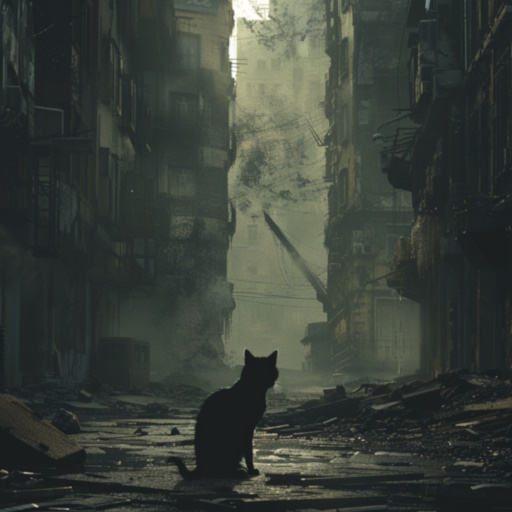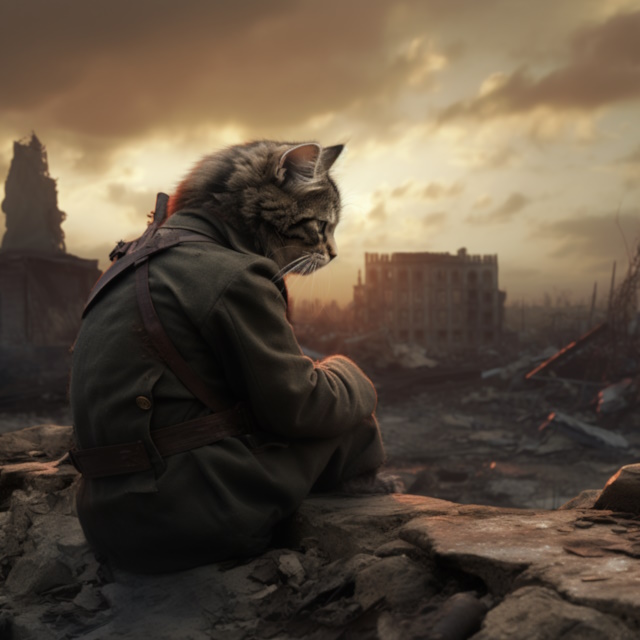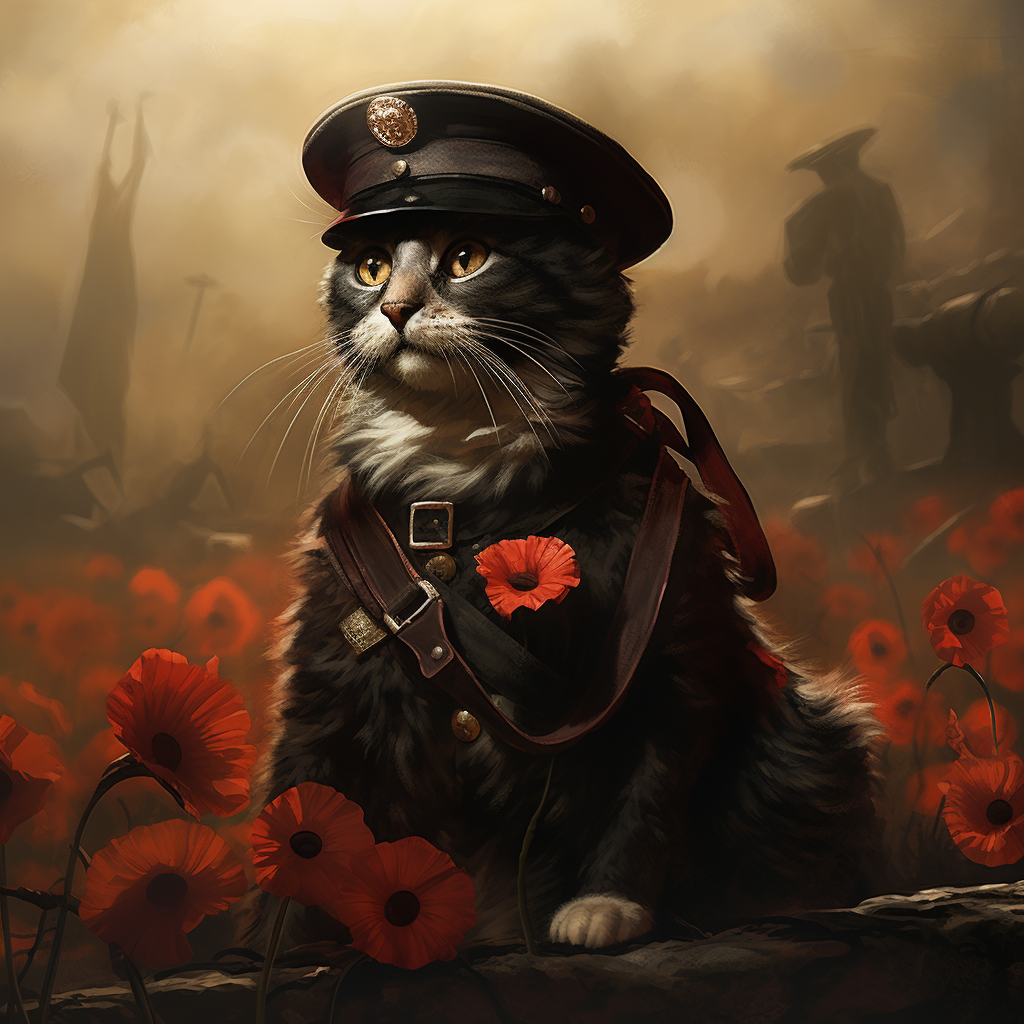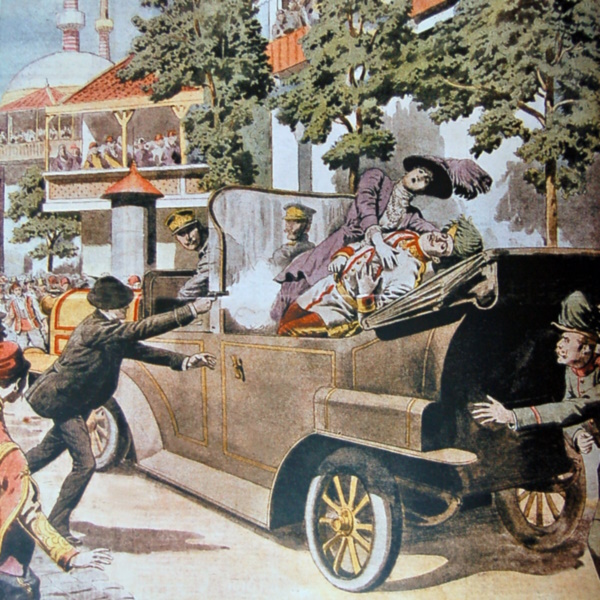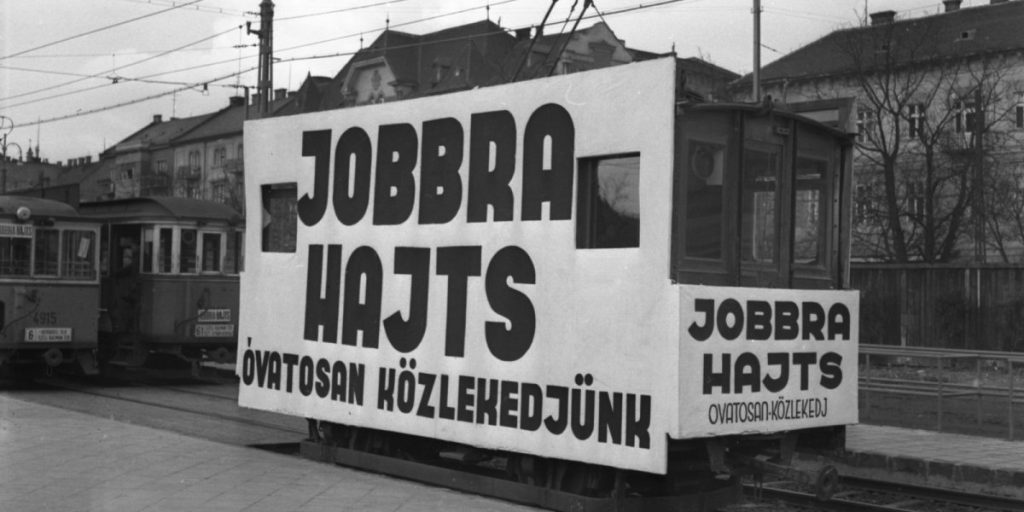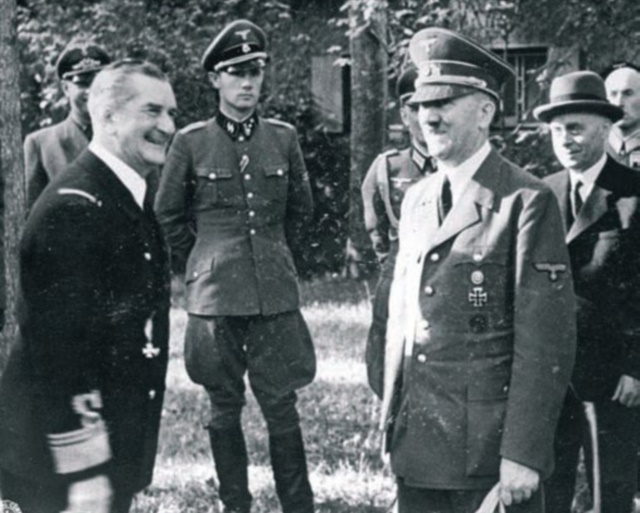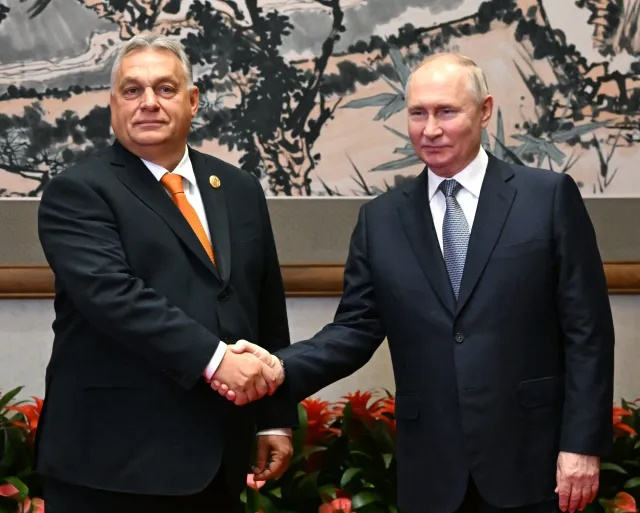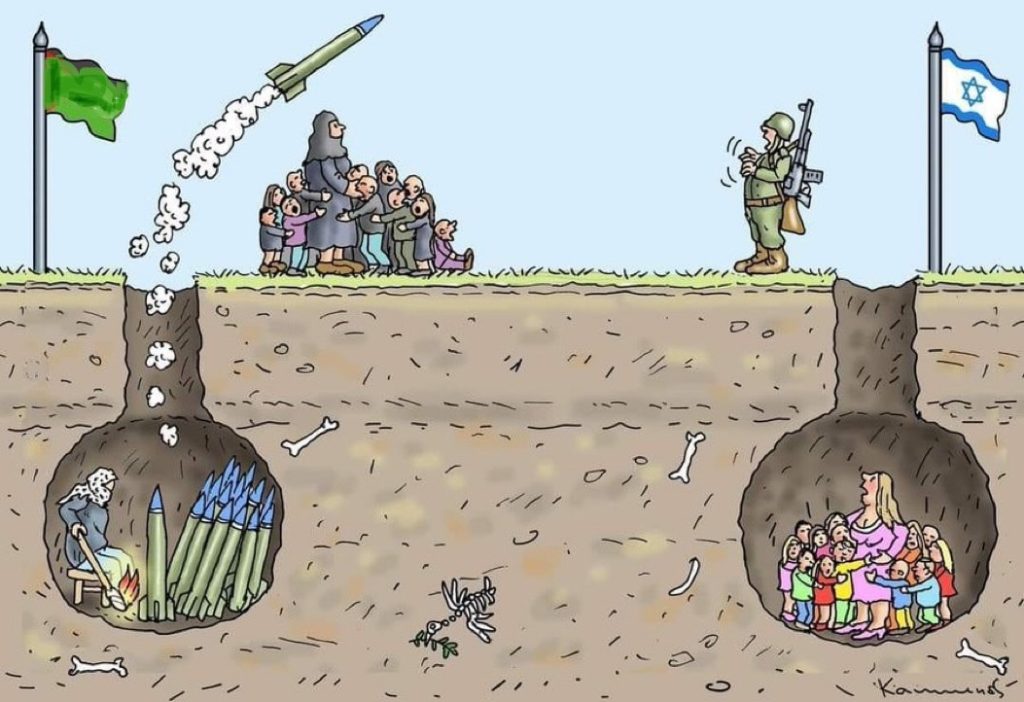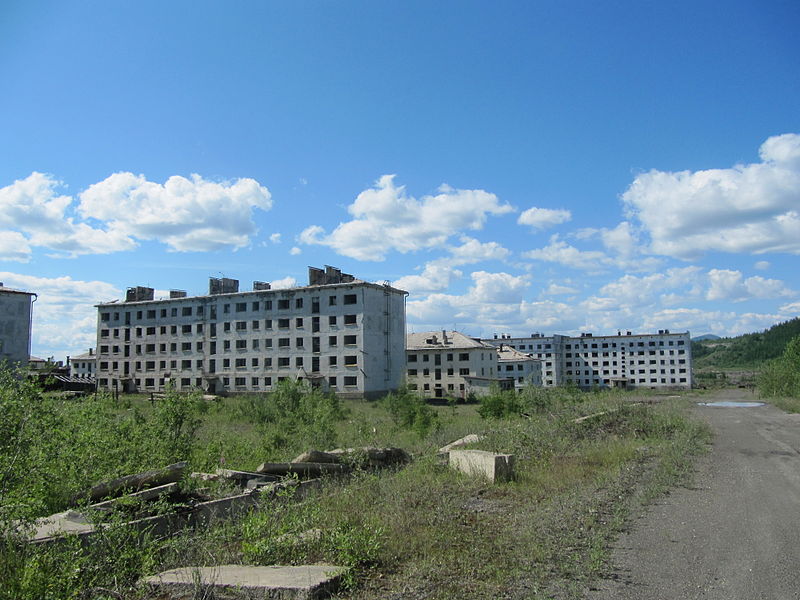Igitur qui desiderat pacem, praeparet bellum — Publius Flavius Vegetius Renatus in De Re Militari (~400 AD)
The West is full of useful idiots*.
This is nothing new. This was true in the 1920s and the 1930s, with countless Western intellectuals and other activists apologizing, expressing support, even admiration for Lenin, later Stalin, Mussolini and Hitler.
In the 1950s and the 1960s, this continued: Useful idiots proclaimed the West as militarist, imperialist, or worse; the USSR and the Soviet Bloc were presented as a huggable, benign alternative to the evils of capitalism.
And it continues to this day. Ever since the start of the Ukraine war on February 24, 2022 (or, depending on how one is counting, back in 2014 with the occupation of the Crimea and Donbass), “reasonable” Western voices (often amplified, overtly or covertly, by a well-financed Russian propaganda machine) have been advocating negotiation. Peace. Ukraine must accept the inevitable.
Then, on October 7, 2023, Hamas launched a brutal attack on Israel. I won’t go into the prehistory of Palestine. The narrative is long, and depending on where one begins the history, any viewpoint can be justified with a clever twist of the facts. Let’s just say that since 2005, Gaza has been a self-governed territory. Yes, the constraints imposed by Israel were heavy, though Israel (and Egypt!) certainly had their reasons. Anyhow, the point is, none of that, absolutely none of that, justified that attack on October 7, which involved the murder of nearly 700 civilians and the kidnapping of around 250 civilian hostages. An attack that had no military objectives whatsoever, but was designed to impose as much pain on innocent civilians as possible. In other words, a textbook case of a massive terror attack.
I don’t know why anyone in his right mind thinks that a state like Israel would not react to such an attack with a devastating military response, aimed at decapitating, destroying Hamas, even if it entails significant “collateral damage”, which is to say, a large number of civilian injuries and deaths. If I may be brutal about it, that’s what fucking war is like, people. You know how many civilians were killed, for instance, when the Soviet army liberated the city of my birth, Budapest, in 1945? Or how many civilians were killed in places like Dresden or Tokyo, not to mention Hiroshima and Nagasaki? And of course it doesn’t take a lot to figure out that this was very much in line with the expectations of Hamas and their Iranian backers: They counted on an Israeli response, in the hope that it interrupts the process of warming relations between Israel and its Arab neighbors, turns international opinion against Israel, perhaps even undermines American support for the Jewish state, and thus strengthens the position of the Islamic Republic of Iran in the region.
Oh no, in come the useful idiots. “Genocide,” they scream, every time some incident or statistic, often grossly inflated by the Hamas propaganda machine, sees the light of day. Where were you on October 7? All I heard was deafening silence. And where were you in the past two years when Putin systematically attacked civilian targets in Ukraine, his troops (military units often made up of pardoned convicts) murdering civilians wholesale, kidnapping and indoctrinating Ukrainian children? Silent, it seems, except for those among you who were already blaming the West because, you know, NATO or whatever.
Perhaps, if I really want to be charitable about this, it’s simply that they hold the West, they hold Israel, to a higher standard. When Putin targets civilians in Ukraine, when rampaging Hamas militants murder civilians wholesale, there are no sounds of protest because this is how these regimes are expected to behave. When Israel targets an aid convoy or when an Israeli airstrike kills civilians, the protests are loud and clear because the expectation is that they will do everything to protect civilians even if it means fighting with one hand tied behind their backs. I don’t know, but I find the hypocrisy deplorable.
Speaking of NATO, they must be the ineptest organization in human history. I mean, Soviet, and now Russian, propaganda tells us that the sole purpose of NATO is to harm and destroy Russia. Yet in the now 75 years of NATO’s existence, the organization has not managed to launch a single military attack on Russia! What stellar incompetence!
Anyhow, I understand that many of the useful idiots are driven by the purest of intentions. They don’t want to see innocents die. They want to live in a peaceful world.
Well, guess what? So do I. I am no less appalled by civilian deaths in Gaza than in Kharkiv, though I do see a bit of a difference between a military (Russia’s) that purposefully targets civilians vs. a military (Israel’s) that tries, at least half-heartedly, to reduce civilian casualties. And I am not exactly a diehard supporter of that corrupt crook, Netanyahu, who is clinging to power because who knows that once he leaves office, he may very well end up facing criminal prosecution for bribery, fraud, and breach of trust.
But unlike the useful idiots, I also remember my history lessons.
Let’s just go back in history less than 90 years, to the years preceding the last global conflict.
In 1936, Adolf Hitler launched his biggest gamble yet: The remilitarization of the Rhineland. Through this step, he risked open conflict with the West, since it was a direct violation of the Versailles peace treaty. His Wehrmacht was under strict orders to retreat if they ran into any significant military resistance.
But they didn’t. The West didn’t want war. Democracies are like that: Contrary to conspiracy theories, war is not good for business, and people prefer good food and great sex over being used as cannon fodder or turned into minced meat by carpet bombings, so they vote for the doves, mostly. But the doves are not always right. When it comes to regimes like Hitler’s, a desire for peace is seen as a sign of weakness, an opportunity waiting to be exploited. Churchill knew this, but he was ostracized as a warmonger.
Then came 1938. Neville Chamberlain returned from Munich, triumphant. “Peace for our times,” he proclaimed, as he stepped off his airplane on September 30 that year, having just signed a treaty with Hitler’s Germany. The Munich Agreement, as it was called, obliged Czechoslovakia (who were not even invited to the conference) to cede their border regions, the Sudetenland, to Germany. The inevitable result followed: Within a few months, a German puppet regime in Slovakia declared its independence, and the rest of Czechia was then invaded by Germany, and turned into a “protectorate”. And then, of course, on September 1, 1939 — just 11 months after Chamberlain returned with “peace for our times” — a World War began in earnest, with Germany’s attack on Poland and the resulting declaration of war on Germany by Western powers.
Is this what you want? Another world war? Then support peace initiatives that demand Ukraine to lay down their arms. Support Hamas by spreading their propaganda about “genocide”. You may even achieve limited goals. You will have the peace and quiet of a graveyard in Ukraine. Hamas may “peacefully” return to Gaza to rebuild its terror infrastructure.
But the message that Hamas or Putin or Xi or Kim or the ayatollahs will see is different. It’s a message of weakness. It’s a message of encouragement, that they can continue doing whatever it is that they are doing, always able to count on help from the West’s “useful idiots”. And trust me on this: If history is any guide, the resulting conflict will be far greater, far more genocidal than your worst fears, and chances are neither you nor I will survive to see its conclusion, along with a large portion of humanity.
I admit I am terrified. This shitshow is going to get a lot worse before it gets better. Innocent people will die in large numbers, often at the hands of those that we do, and must, hold to higher standards. But I also worry that thanks to our well-meaning but fatally nearsighted useful idiots and the policies of appeasement they pursue, a lot more death and suffering will follow.
The quickest way of ending a war is to lose it, and if one finds the prospect of a long war intolerable,
it is natural to disbelieve in the possibility of victory — George Orwell, in Second Thoughts on James Burnham (1946)
